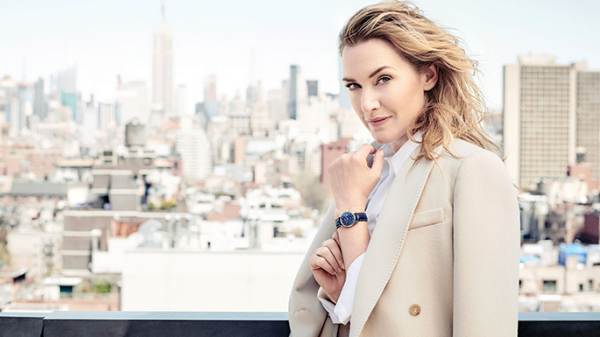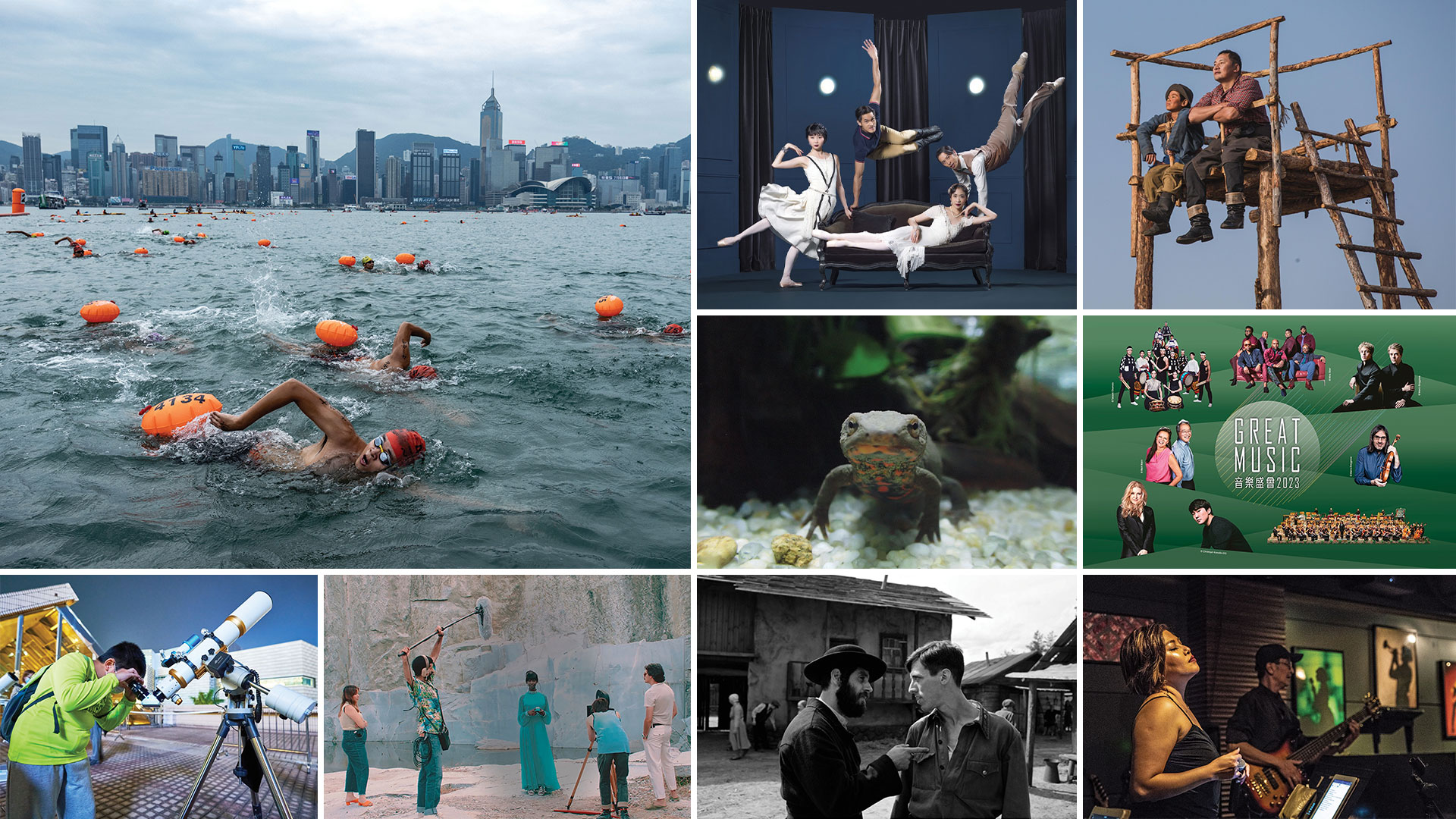
Rose Tinted: Kate Winslet, one of Tinseltown’s all-time greats
But it seems no one is as surprised by the longevity and success of her career than Winslet herself. “I grew up surrounded by people who would go back to their day job between acting roles. My dad, my sister and my uncle would go and work in the sandwich place or the post office, waitressing or babysitting, and that’s what I did for a bit initially. Straight after Heavenly Creatures, I went back to the delicatessen. I was just very lucky that when I was 20, I was cast in Titanic,” she says, adding modestly, “I didn’t have to go back to the deli after Titanic.”
Her relief is well justified considering the rather impoverished circumstances of her upbringing. Born on 5 October, 1975 in the tiny British borough of Reading to Roger John Winslet, a perpetually struggling actor, and Sally Anne, a waitress and nanny, Kate Elizabeth Winslet and her three siblings were brought up on living hand-to-mouth and often relying on free meal benefits and charity to get by.
Growing up in a thespian family, it was unsurprising that Winslet was also bitten by the acting bug when just a child. Sadly, her schoolmates and peers were less than kind about her on-stage aspirations. “They called me ‘blubber’, they teased me for wanting to act and locked me in the cupboard and laughed at me,” she recalls, “I wasn’t the prettiest girl, and I was even told that I’d be lucky in my career if I was happy to settle for the fat girl parts. This unkindness made me feel truly horrendous.”
“They called me ‘blubber’, they eased me for wanting to act and locked me in the cupboard and laughed at me”
Thankfully, these early hits to her confidence didn’t deter the actress from pursuing her passions. Throughout her schooling, she took part in stage productions, television shows and even commercials, though she never landed a plum role due to being overweight. It wouldn’t be until 1994 that Winslet made her movie debut in Heavenly Creatures, a New Zealand psychological thriller directed by Lord of the Rings visionary Peter Jackson based on the real-life events of the 1954 Parker-Hulme murder case.
Hitherto-unknown to the entertainment industry, her portrayal of teenage murderess Juliet Hume garnered wide critical praise and the film, which was nominated for an Oscar that year, kickstarted the 19-year-old’s career. Merely a year later, she was cast as Marianne Dashwood in the big-screen adaptation of Jane Austen’s Sense and Sensibility alongside fellow British A-listers Tom Wilkinson, Emma Thompson and Hugh Grant, earning her first Academy Award and Golden Globe nominations and taking home her first BAFTA for Best Actress in a Supporting Role.
It was in 1997, though, that Winslet’s star power finally shone through. This was the year she was cast as Rose in director James Cameron’s mega blockbuster, Titanic, alongside her now-longtime co-star Leonardo DiCaprio. Although it was a commercial and critical success – breaking all previous box-office records to gross some US$2.195 billion against a budget of US$200 million.
Post-Titanic, the actress chose to eschew other popular and potentially lucrative projects in favour of smaller indie films with alternative female roles, including the 1998 biopic Hideous Kinky, Holy Smoke (1999), and 2000’s period drama Quills. In 2001, her embodiment of writer Iris Murdoch in Iris received even more nominations from a slew of prestigious award bodies.
Kate Winslet continued her proclivity for offbeat roles in 2004, starring in Eternal Sunshine of the Spotless Mind. Two years later, she became the youngest actress to acquire five Academy Award nominations with the drama, Little Children. Followed by two more light-hearted endeavours, the rom-com The Holiday, and a voice role for animated film, Flushed Away. However, she returned with a vengeance, first co-starring with DiCaprio in Revolutionary Road, a historic drama directed by her then-husband, Sam Mendes. Then playing the challenging role of an illiterate WWII concentration camp guard in The Reader. For these performances, she finally claimed her first two Golden Globes, as well as her only Academy Award to date.
Since then, she’s continued her chameleonic tendencies by playing the villain in the hit science fiction Divergent series, as an accused murderess in The Dressmaker, tech giant Steve Jobs’ wife in his eponymous 2016 biopic. Speaking of her relentless drive, she says: “My work ethic is no one is bloody going to do it for you. At the end of the day, if the chips are down and something goes wrong, you should only ever have yourself to blame. So dig deep, get on with it and don’t complain.”
“If the chips are down and something goes wrong, you should only ever have yourself to blame”
Even as the momentum of her onscreen projects presses on relentlessly, outside of the limelight, she still finds time to contribute to various causes. The mother of three is perhaps best known for her commitment to raising awareness about autism through non-profit The Golden Hat Foundation, that she co-founded in 2010 with Margaret Ericsdottir, whom she met while filming A Mother’s Courage: Talking About Autism. She’s also published a book titled The Golden Hat: Talking Back to Autism, and for her collective charitable works, she was honoured with Spain’s Yo Dona Award for Best Humanitarian Work.
Most recently, the multi-talented actress received rave reviews for her portrayal of British palaeontologist Mary Anning in Ammonite, which premiered at the Toronto International Film Festival a few months ago. The controversial film centres around an imagined, passionate romantic relationship between Anning and geologist Charlotte Murchison. Speaking about her decision to accept the role, Winslet says: “We need more films like this so that the world can reach a place that is more equal and compassionate – where LGBTQ relationships are simply normalised and shown without fear or hesitation.” Next, the British actress is set to voice the titular horse in a film adaptation of Black Beauty.














